If we measure time using the weekly Torah portions, then we can safely say, as we finish the last parasha in the book of Bamidbar, that we are approaching the end of the yearly Torah reading cycle; that means the holiday season is not far away.
Inevitably, during the holiday season, the most common questions I will hear are: “Rabbi, why must we keep two days of Yom Tov? In Israel they only keep one day of Yom Tov [excluding Rosh Hashanah], shouldn’t we show our unity with Israel and only keep one day also? Why can’t the rabbis convene a rabbinical court and remove this ancient practice? Shouldn’t there be one common calendar for the Diaspora and Israel?”
This subject has become a hot-button issue in many communities, and people are clamoring for change. How did we get into this situation?
The Sanhedrin, the rabbinic courts in Jerusalem, protected their right to be the sole authority to proclaim the start of the new month, Rosh Chodesh. After Rosh Chodesh was declared in Jerusalem, bonfires were lit as a signal to the neighboring Jewish communities that a new month had begun. Some time later, hostile people started lighting bonfires on random days to confuse the Jews, and the rabbis switched from bonfires to messengers to spread the word. Since the arrival of the messengers could not be guaranteed in time, a second day was instituted in the distant communities to guarantee that the sanctity of the festival was not compromised. In other words, the second day of Yom Tov was a result of a breakdown in communications. If they had the benefit of the communications we have today, such as e-mail and cell phones, the second day of Yom Tov would not have been introduced. In fact, the talmudic scholars considered eliminating the second day of Yom Tov as soon as they became proficient in establishing the new month. However, they decided not to, in case the knowledge of fixing the calendar would be forgotten; in which case they would be back to square one, using eyewitnesses.
With this understanding that the second day of Yom Tov was a practical measure established to deal with an emergency situation, how can we explain the fact that Yom Tov Sheini spread to every corner of the Jewish world and has been observed for 2,000 years?
Rabbi Yitzchak Zev Yodler, a 19th century scholar, explained that as soon as the second day of Yom Tov became a reality outside of Israel, it introduced and created a new status for the land of Israel and a new relationship with the Diaspora. The second festival day of the Diaspora is a permanent reminder of the spiritual superiority of Eretz Yisrael in Jewish life. The establishment of the modern state of Israel has not eliminated the concept of galut (exile), just because we are free to settle in Israel, should we so desire. Everything about the Diaspora bespeaks spiritual exile: the minority status of the Jewish people in every country other than Israel; the minority status of Judaism in the world outside Israel; the challenge of the economic system to Shabbat and Yom Tov; and the pressures to conform to the culture of the surrounding society.
The state of Israel can afford to observe only one day of Yom Tov, since the entire apparatus of the state backs the national character of the holiday.
It’s also interesting to note that not all people find the second day of Yom Tov a burden. Some people find it so enjoyable they would like to have a third day. In addition, think about the great contribution the second seder has made to Jewish family life and the creation of Yizkor and the amazing climax that Simchat Torah has become to the High Holy Days. Doubling up Simchat Torah with Shemini Atzeret, like they do in Israel, doesn’t compare to what we do in the Diaspora. Yom Tov Sheini has made it possible to double the joy of Yom Tov, and we shouldn’t be surprised if soon in Israel they begin advocating for a second day of Yom Tov.
Rabbi Marc Mandel is a rabbi at Beth Jacob Congregation, a Modern Orthodox synagogue in Beverly Hills, and is a member of the faculty of the Academy of Jewish Religion, California.






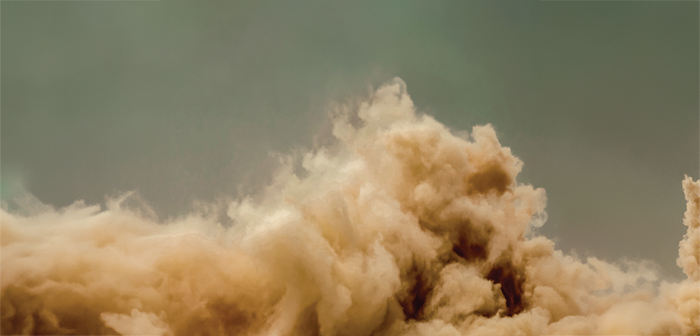

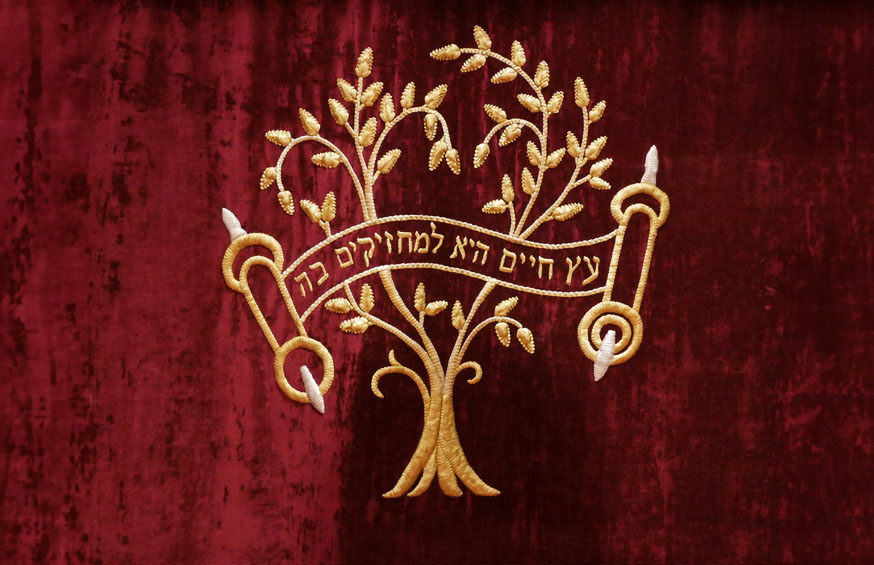
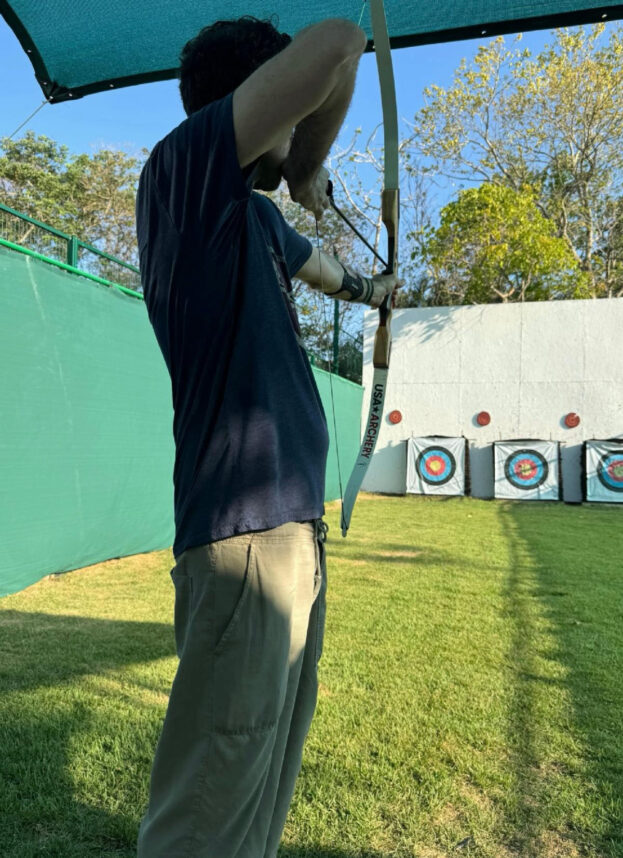

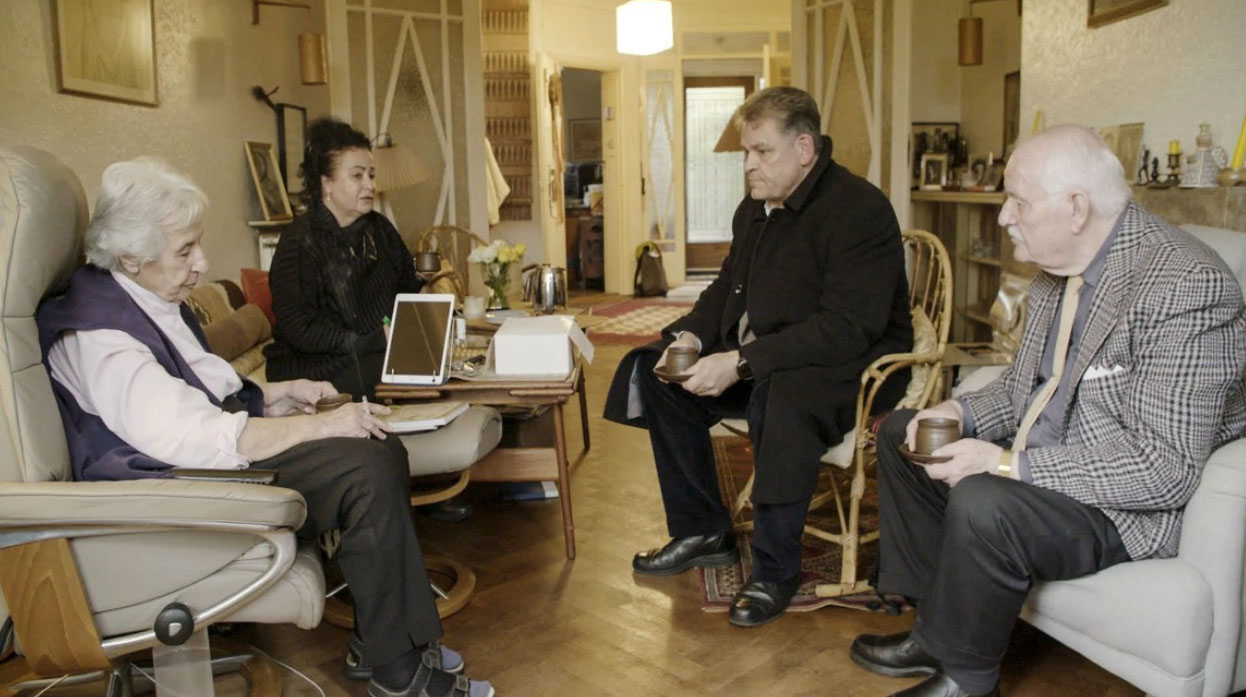


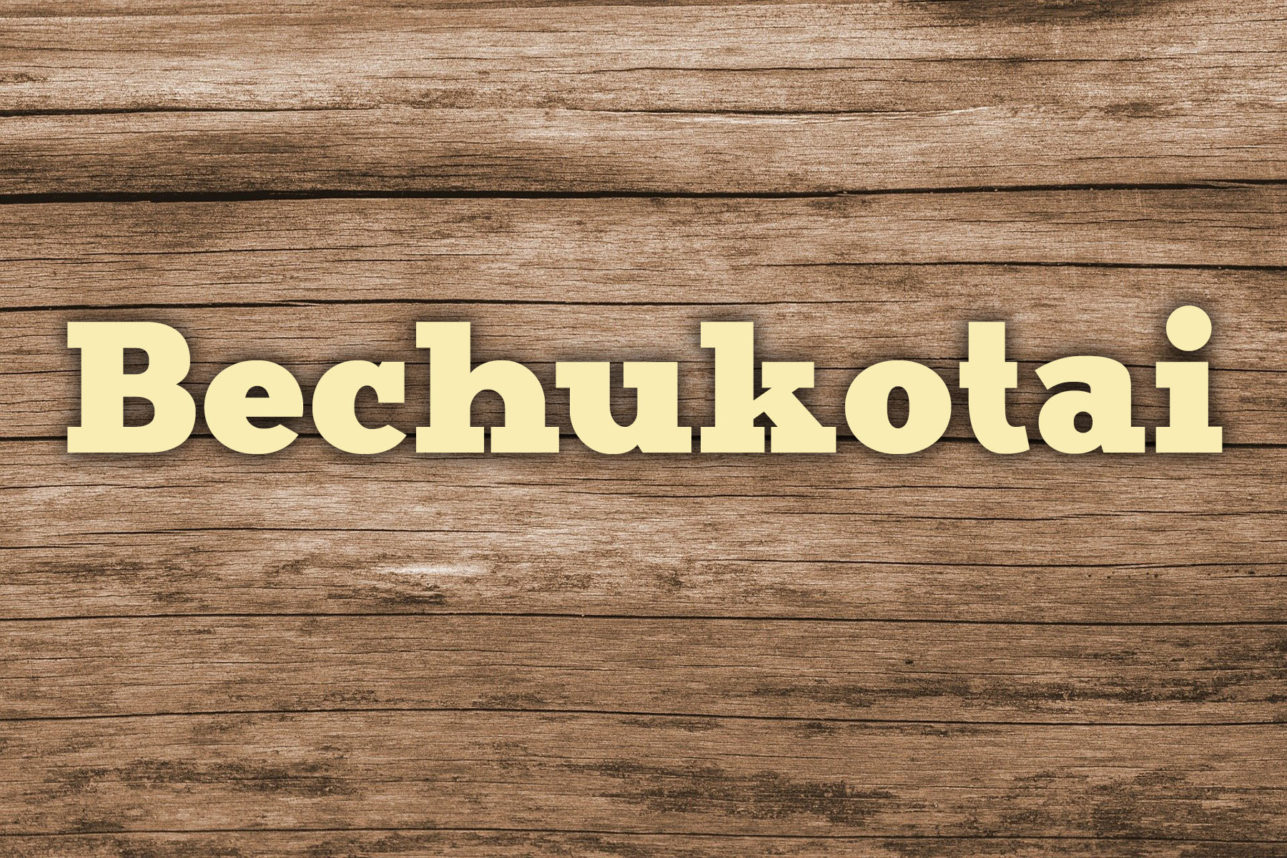







 More news and opinions than at a Shabbat dinner, right in your inbox.
More news and opinions than at a Shabbat dinner, right in your inbox.